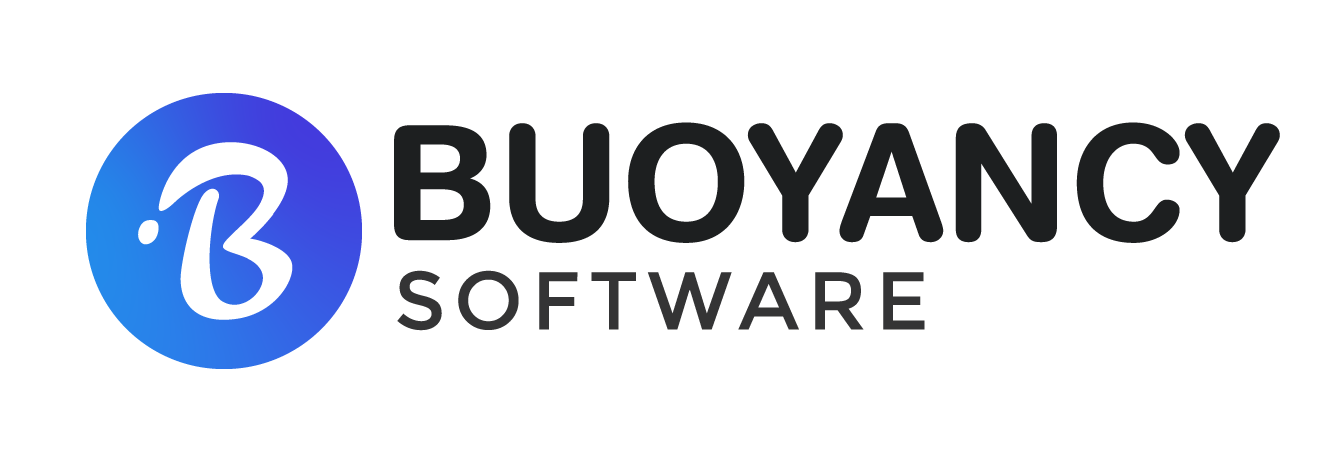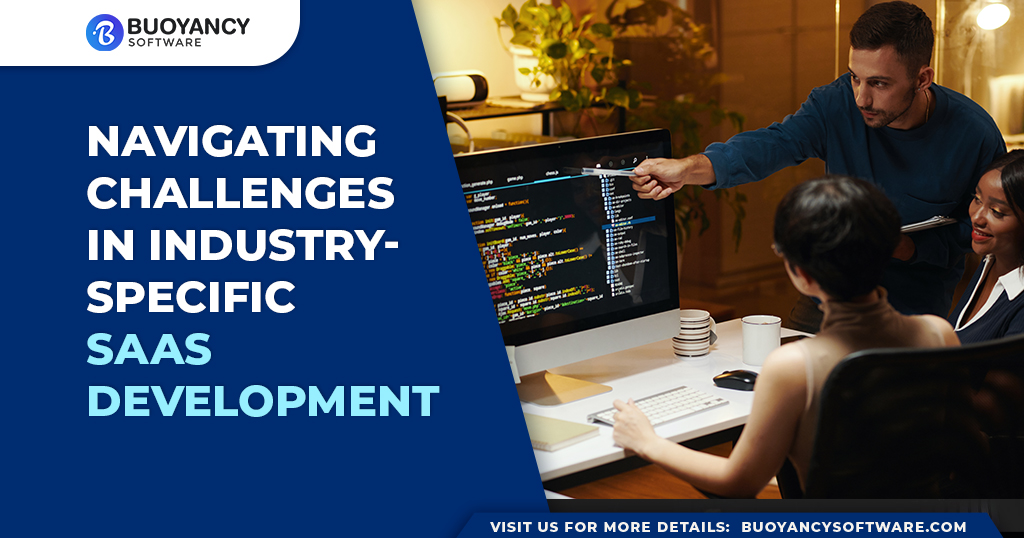Navigating Challenges in Industry-Specific SaaS Development
In today’s digital age, Software-as-a-Service (SaaS) is transforming businesses by offering flexibility, scalability, and cost efficiency. However, developing industry-specific SaaS solutions comes with unique challenges. From regulatory compliance to legacy system integration and customized features, businesses must navigate complexities to build successful solutions.
This guide explores the key challenges of industry-focused SaaS development and effective strategies to overcome them.
Why Industry-Specific SaaS is Gaining Popularity
Industries like healthcare, finance, manufacturing, and retail are increasingly adopting SaaS solutions tailored to their specific needs. Unlike generic SaaS platforms, these solutions must align with industry regulations, workflows, and operational requirements—making development more complex.
“Industry-specific SaaS delivers specialized functionalities, but it also requires a deep understanding of sector-specific needs.” — SaaS Expert
Key Challenges in Industry-Specific SaaS Development
1. Ensuring Regulatory Compliance
Compliance is non-negotiable in industries like healthcare (HIPAA), finance (FINRA), and education (FERPA). SaaS providers must ensure their solutions meet strict legal and security requirements.
How to Overcome Compliance Challenges:
- Conduct regular audits to ensure compliance with industry standards.
- Maintain detailed documentation of security measures and updates.
- Work with industry compliance experts to stay ahead of regulatory changes.
2. Integrating with Legacy Systems
Many industries still rely on legacy software and databases that must seamlessly integrate with new SaaS platforms without disrupting operations.
Best Practices for Legacy System Integration:
- Develop custom APIs for smooth data exchange.
- Use incremental migration to avoid operational downtime.
- Consider hybrid solutions where legacy and SaaS platforms coexist.
3. Customizing Features for Industry Needs
Each industry has unique pain points that generic SaaS solutions fail to address. Customization is key to improving efficiency and user adoption.
How to Build Custom Features:
- Conduct in-depth user research to understand industry-specific needs.
- Use modular architecture for easy feature customization.
- Implement continuous feedback loops to refine features over time.
Real-World Success Story: MediSoft (Healthcare SaaS)
MediSoft, a leading healthcare SaaS provider, overcame compliance and integration challenges by:
- Collaborating with healthcare professionals to design industry-specific features.
- Ensuring full HIPAA compliance from the start.
- Seamlessly integrating with hospital management systems.
Key Takeaways:
- ✔ Engage industry experts early in the development process.
- ✔ Prioritize compliance and security.
- ✔ Build flexible and scalable SaaS architectures.
The Future of Industry-Specific SaaS
As demand for tailored SaaS solutions continues to grow, businesses that can navigate compliance, integration, and customization challenges will lead the industry.
By following best practices and adapting to industry needs, SaaS companies can unlock new growth opportunities and drive digital transformation.
“Success in SaaS isn’t about avoiding challenges—it’s about creating solutions that evolve with the industry.” — Industry Specialist
Looking to develop an industry-specific SaaS solution? Partner with experts who understand your sector’s challenges and can help you build a future-ready platform.



